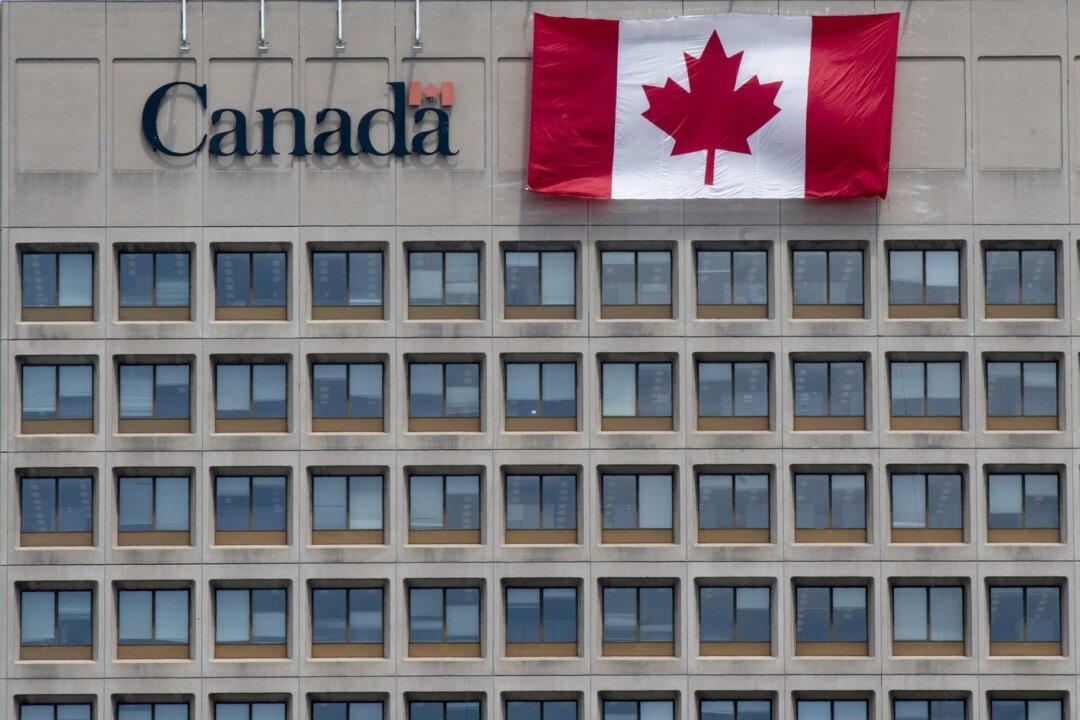In an effort to promote and safeguard human rights globally, Canada is doubling resettlement spaces for human rights defenders (HRDs) from 250 to 500.
The expansion was announced by the Immigration, Refugees and Citizenship Canada (IRCC) on July 25. The ministry said this reflects Canada’s steadfast commitment to providing sanctuary for those who courageously champion justice while facing persecution in their home countries.





